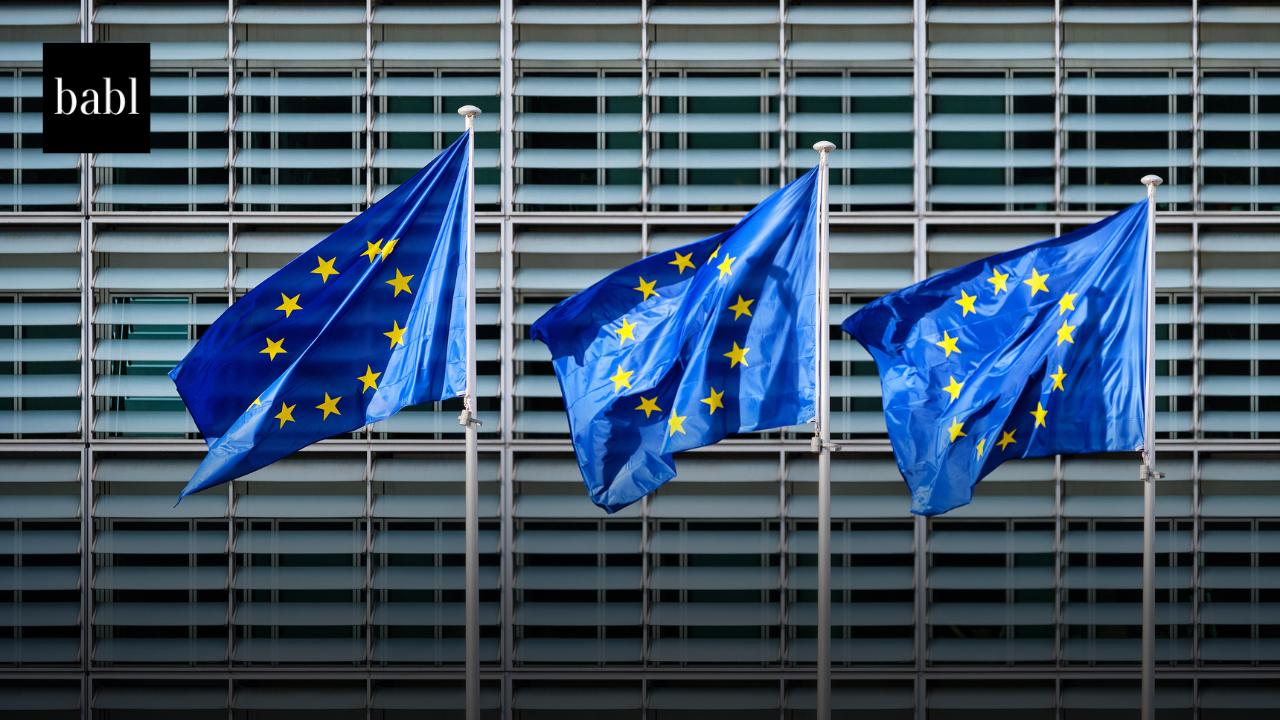UPDATE — SEPTEMBER 2025: The European AI Office’s mandate has formally expanded following the August 2, 2025 phase-in of the EU AI Act, giving it direct enforcement powers across the bloc. The Office can now conduct inspections, issue compliance notices, and coordinate with national authorities through the European AI Board, marking the first time the EU has a central authority with binding oversight for general-purpose AI.
In August, the Office published its first draft Codes of Practice for foundation and general-purpose AI systems. These voluntary codes—expected to become baseline obligations by 2026—cover documentation, transparency, systemic risk assessment, and technical evaluations. Major model providers are being urged to adopt them early as a signal of compliance readiness. At the same time, the Office launched a pre-evaluation program for “systemic” models, stress-testing their robustness, bias controls, and transparency mechanisms.
International cooperation has also deepened. The AI Office now has structured collaboration channels with the U.S. AI Safety Institute and the UK AI Safety Institute, focusing on harmonizing safety benchmarks, evaluation methods, and red-team practices. This follows commitments made during the May 2025 U.S.-EU Trade and Technology Council meetings.
Enforcement has begun in practice, though not yet in public. Commission officials confirmed in early September that investigations are underway into certain generative AI providers for insufficient risk documentation. Formal cases and penalties are expected later this year, which would set the first precedents under the Act.
Looking ahead, the next major milestone will arrive in spring 2026, when the AI Act’s high-risk sector obligations—covering areas like healthcare, employment, and education—come into force. By 2026–2027, the Office is expected to finalize and publish its standardized testing benchmarks, making evaluation methodologies binding across the EU. Together, these developments cement the AI Office’s central role as both a compliance enforcer and international coordinator, ensuring that Europe’s approach to AI governance has global reach.
ORIGINAL NEWS STORY:
New European AI Office to Implement AI Act
While we’re a few months away from a plenary vote on the EU AI Act, the European Commission’s European AI Office has begun work. The AI Office, which began work on February 21, will serve as the central hub for AI expertise and governance across the EU. It will play a key role in implementing the AI Act, especially for general-purpose AI systems, promote trustworthy AI development and use, and foster international cooperation on AI.
The office was established in January within the European Commission as the center of AI knowledge. It forms the foundation of a unified European AI governance framework. The AI Office will support implementing the Act in Member States, including setting up advisory bodies and information exchange. It will assess capabilities of general-purpose AI systems and classify high-risk models. It will develop evaluation tools, methodologies, and benchmarks. The office will also draft codes of practice with AI developers and experts to detail rules.
Additionally, it can investigate infringements, conduct model evaluations, and require providers to take corrective actions. The office will prepare guidance, delegated acts, and other implementation tools for the AI Act. It will also monitor compliance. The AI Office promotes trustworthy AI uptake to realize social and economic benefits. It advises best practices and enables access to sandboxes and other EU support structures. The office encourages AI ecosystems and competitiveness. It aids Commission efforts to leverage transformative AI and promote literacy.
Other Contributions of the EU AI Office
Internationally, the AI Office contributes to a strategic, coherent, and effective EU approach. It promotes the EU’s trustworthy AI policies and fosters collaboration with similar global institutions. The office advances international AI cooperation and governance towards a global approach. It assists developing and implementing international AI agreements. The AI Office continuously monitors the AI ecosystem – capabilities, deployment, systemic risks, and trends. This informs evidence-based decision-making. Collaboration with diverse institutions, experts, and stakeholders is essential for its work.
The office works closely with the European AI Board of Member State representatives and the Commission’s Centre for Algorithmic Transparency. Independent experts in the Scientific Panel provide scientific links. The Advisory Forum represents industry, academia, non-governmental organizations, and more. Additional expert input comes through partnerships. The AI Office also oversees the AI Pact for business engagement and preparation before the AI Act takes effect.
Need Help?
If you’re wondering how the EU AI Act, the European AI Office, or any other AI regulations and laws around the world, could impact you and your business, don’t hesitate to reach out to BABL AI. Their Audit Experts can answer your concerns and questions while offering valuable insight.





